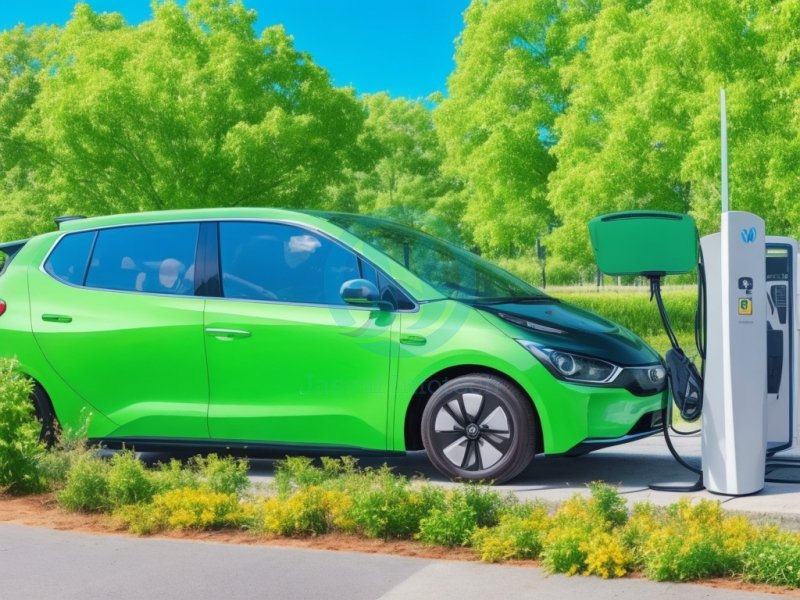
As our world grapples with the challenges of climate change and environmental degradation, the need for sustainable transportation solutions has become more urgent than ever. While electric vehicles (EVs) have made significant strides in reducing carbon emissions, the future of green transportation goes beyond just electric cars. This blog explores the exciting advancements and emerging technologies that promise to revolutionize the way we move, fostering a cleaner and greener tomorrow for generations to come.
Hydrogen fuel cell vehicles represent a promising alternative to traditional internal combustion engines. Unlike EVs that rely on large batteries, HFCVs generate electricity by combining hydrogen with oxygen, emitting only water vapor and heat as byproducts. This means that these vehicles can travel long distances on a single tank of hydrogen and refuel much faster than charging an electric car. The technology is still in its infancy, but with investments and advancements in infrastructure, hydrogen-powered transportation could soon become a viable and eco-friendly option.
Imagine a vehicle that harnesses the power of the sun to generate its energy. Solar-powered cars are no longer confined to the realm of science fiction. Innovators have been working on integrating solar panels into vehicle designs, allowing them to charge while on the move or even when parked. These solar cells can supplement the vehicle's main power source, extending its range and reducing reliance on conventional charging methods. While solar-powered cars are not yet mainstream, the progress in solar technology suggests a bright future for this green transportation concept.
Traditional fossil fuels have been a major contributor to greenhouse gas emissions. However, advancements in biofuel technology offer a greener alternative. Biofuels are derived from renewable sources like corn, sugarcane, and algae, reducing their carbon footprint significantly. These fuels can be used in conventional internal combustion engines, making it a feasible transition for existing vehicles without the need for major modifications. Moreover, algae-based fuels show great promise as they can be cultivated quickly and efficiently, making them a scalable and sustainable solution.
Green transportation extends beyond personal vehicles and encompasses mass transit systems as well. The Hyperloop and Maglev trains are two innovative technologies that could revolutionize long-distance travel. The Hyperloop is a high-speed transportation system that uses low-pressure tubes to propel passenger pods at incredible speeds, significantly reducing travel time while consuming minimal energy. On the other hand, Maglev trains levitate above the tracks using magnetic forces, resulting in frictionless movement and minimal energy loss. Both concepts hold tremendous potential for efficient and sustainable mass transit.
The future of green transportation also involves reimagining urban planning to prioritize pedestrians and micromobility options. Creating pedestrian-friendly cities with walkable neighborhoods and dedicated bike lanes can encourage people to opt for active transportation. Additionally, micromobility solutions like electric scooters and bicycles offer a convenient and eco-friendly alternative for short-distance commuting. Integrating these options into urban landscapes can reduce congestion and promote a healthier lifestyle.
While electric vehicles have undeniably played a crucial role in reducing greenhouse gas emissions, the future of green transportation is much broader. Hydrogen fuel cell vehicles, solar-powered cars, biofuels, and advanced mass transit options like Hyperloop and Maglev trains are just a few examples of the innovative solutions that hold the key to a sustainable future. By embracing these technologies and reshaping our urban environments to prioritize eco-friendly transportation, we can pave the way for a cleaner, greener, and more prosperous world. Let's join hands and drive towards a future where transportation and sustainability go hand in hand.
Subscribe to our newsletter for the latest updates on sustainable mobility and join us in building a better, cleaner future for all.
Share This News